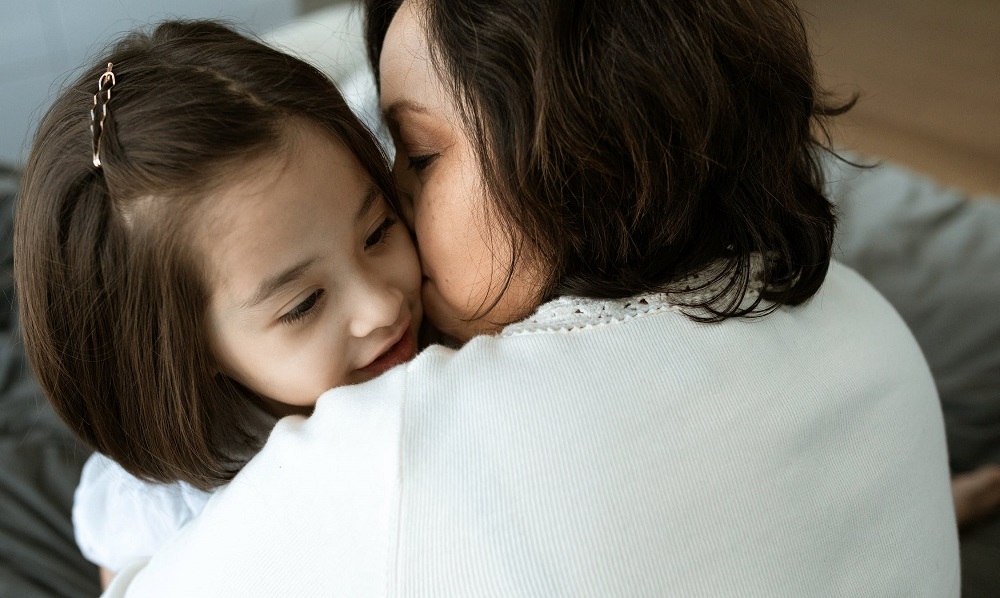
How to Support the Mental Health Of Children During the Festive Season
How to Support the Mental Health Of Children During the Festive Season
Your child’s mental health is just as important as their physical health. Discover ways to promote a healthy mindset and help them cope with stressors.
Mental health is just as important as physical health, yet it is often overlooked. This is especially true when it comes to children during holidays. According to recent data from the Centers for Disease Control and Prevention (CDC), 1 in 5 children, for instance, in the UK has a mental health disorder manifested mostly during the Christmas holiday. This is a period of high expectations that can pressure a child as well as family gatherings when relatives can occasionally ask awkward questions to young people.
This is a staggering statistic, and it is essential to do what we can to support the mental health of our children. If you are interested in working with children and are really concerned about this issue, look for homeschool teacher positions to help your child. But there are many other ways to help support your child’s mental health, and we will explore some of them in this guide.
What Three Strategies or Tips Can Help Nurture Mental Health in Children During Holidays?
If it’s your first time hearing about the term “mental health,” it’s important to understand that it includes our psychological and emotional well-being. It is how we think, feel, and behave.
According to mental health advocates at Jooble, good mental health is when we feel good about ourselves and are able to cope with the challenges life throws at us. We are able to function well in our day-to-day lives, form and maintain healthy relationships, and reach our goals.
On the other hand, poor mental health can make it difficult to deal with everyday life. It can impact our ability to work, study, eat, sleep, and enjoy the things we love.
While there is no one-size-fits-all solution to poor mental health, there are some things we can do to support the mental health of our children. Here are three effective strategies:
1. Promote Positive Self-talk
As parents, we often tell our kids to “be positive” or “look on the bright side.” But what does that really mean? And more importantly, why is it important?
A positive self-talk is a form of self-care that can profoundly impact our mental health. When we speak kindly to ourselves, we are more likely to believe that we are capable, competent, and deserving of love and happiness.
These beliefs lead to actions and choices that support our mental health. On the other hand, negative self-talk can fuel anxiety, depression, and low self-esteem.
It tells us that we’re not good enough, that we’ll never achieve our goals, and that we’re alone in our struggles. Promoting positive self-talk in our children can help them to develop a healthy sense of self-worth and build resilience in the face of challenges. When they know how to speak kindly to themselves, they will be better equipped to manage their emotions, set boundaries, and make choices that nurture their mental health.
2. Teach Them How to Identify and Express Their Feelings
Many of us were never taught how to deal with our emotions effectively. We either bottle them up or lash out in anger. As a result, we often struggle to understand and cope with our feelings.
This can lead to poor mental health, as we are not allowing ourselves to process our emotions healthily. When we suppress our feelings, they tend to come out in other ways, such as self-destructive behaviours or chronic physical symptoms.
Teaching our children how to identify and express their feelings can help them understand and handle their emotions. It is important to model this behaviour, as they will learn from our example.
When we openly share our emotions with them, it normalizes the experience and shows them that it is okay to feel whatever they feel. It also opens up the lines of communication, so they feel comfortable coming to us when they need to talk.
3. Encourage Them to Be Active and Get Outside
Exercise is not only good for our physical health but also our mental health. It releases endorphins, which have mood-boosting effects. It also helps to reduce stress and anxiety, improve sleep, and increase energy levels.
Encouraging our children to be active and get outside can help them to cope with stress, boost their mood, and improve their overall mental health. It doesn’t have to be strenuous; just 30 minutes of moderate daily activity is enough. Walking, biking, playing at the park, or even dancing around the living room are all great ways to get moving.
Wrapping Up
Parents have a profound impact on their children’s mental health. The way we talk to them, the things we do with them, and the example we set all play a role. By taking the initiative to support your child’s mental health, you can help them to develop the skills and resilience they need to thrive.






